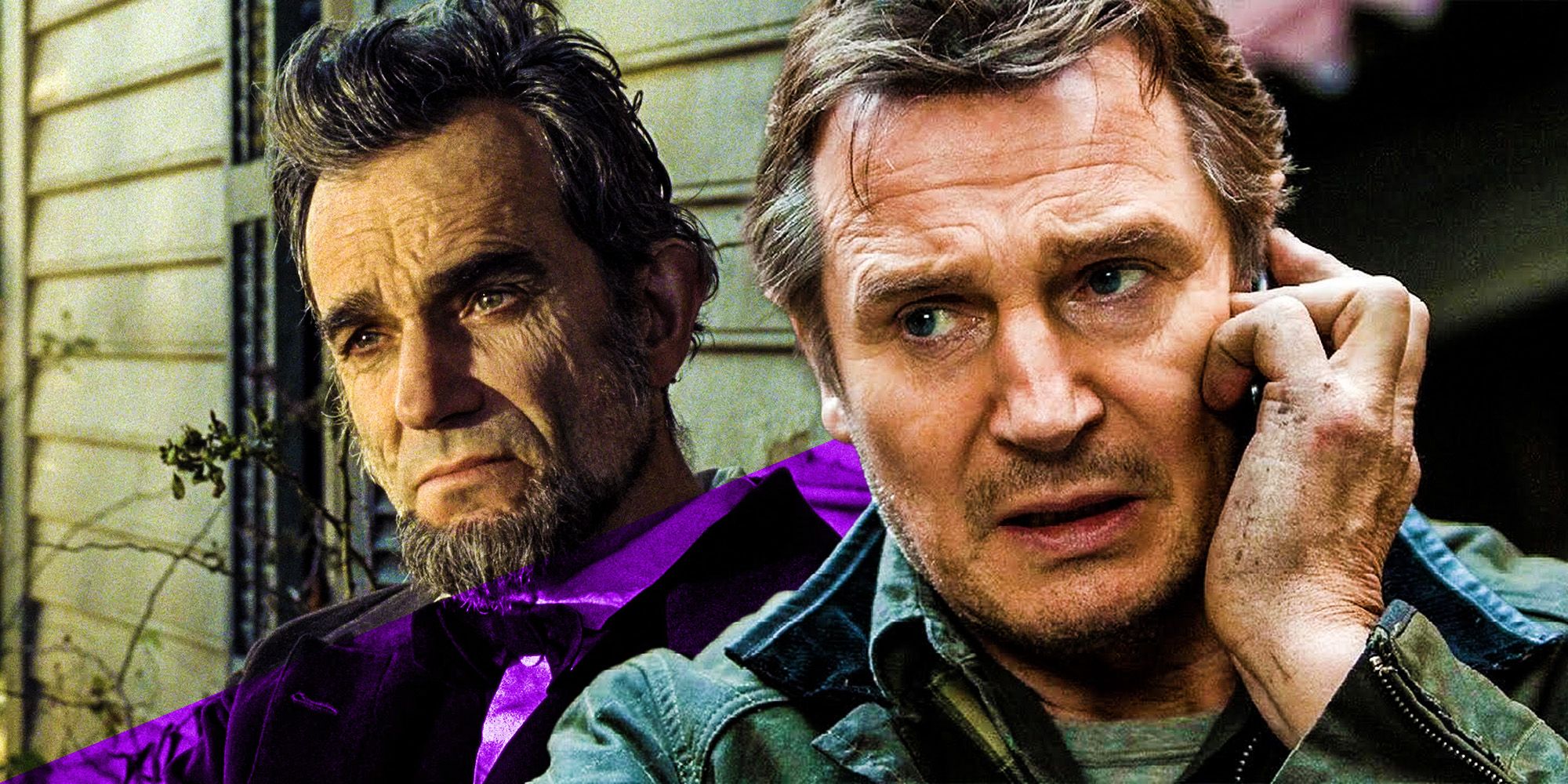Liam Neeson was originally set to play Lincoln in Spielberg’s movie of the same name; here’s the reason why the role was eventually recast.

Liam Neeson was originally set to play Lincoln in Spielberg’s movie; here’s why the role was eventually recast.
Abraham Lincoln, the 16th President of the United States, is an iconic figure in American history and has been depicted on film and television more times than anybody could care to count.
Henry Fonda, Gregory Peck, and even Will Forte have all given their best “Honest Abe”, though none have been so roundly praised as Daniel Day-Lewis in Steven Spielberg’s Lincoln from 2012.
That said, Day-Lewis – while reportedly the director’s first choice – was not the first actor cast. Rather, Irish actor Liam Neeson was set to play Lincoln before a change in circumstances caused him to depart.
Based on the book Team of Rivals: The Political Genius of Abraham Lincoln by historian Doris Kearns Goodwin, Lincoln was in development by the late 1990s and went through multiple rewrites before settling on a screenplay by Angels in America playwright Tony Kushner.
Based on a previous script, Day-Lewis had already rejected the role with a kindly-worded letter (which Spielberg would later read aloud while presenting Day-Lewis with the Best Actor trophy at the NYFCC Awards), causing the director to turn to his Schindler’s List star Liam Neeson, instead.
Prior to Kushner’s screenplay, which focused on the last four months of Lincoln’s life, Spielberg’s movie was set to be wider in scope and cover Lincoln’s entire presidency, an idea Neeson was reportedly fond of.
Speaking with GQ, Neeson stated he spent four years researching the part before Kushner’s new script left him cold.
Following the untimely death of Neeson’s wife, actress Natasha Richardson, Steven Spielberg hosted a reading of the screenplay to which Neeson admitted:
It had no connection with me whatsoever. It was a very strange feeling, and it was partly grief. I read very, very poorly by any standards, but then some people come up afterward and say, ‘Oh, you’re made to play Lincoln’.
I just was cringing with embarrassment. Afterward, Steven came over, and I said, ‘Steven, you have to recast this now’.

Respecting Neeson’s decision to step down, Spielberg returned to Day-Lewis and the Oscar-winner relented, agreeing to play Abraham Lincoln based on Kushner’s screenplay.
Day-Lewis would go on to win his third Best Actor Oscar for the role, along with a string of other awards before (supposedly) retiring with 2017’s Phantom Thread.
Speaking to Day-Lewis’s casting, Liam Neeson later stated, “I was thrilled that Daniel played him”, before adding, “As much as I admired the film […] I think I’d still like to do an old-fashioned biography of Lincoln”.
This suggests that, while grief certainly played a part in his exit, Neeson had issues with the movie’s narrowed focus.
Spielberg’s approach was probably for the best, given that biopics often falter when they try to cover too much ground; in the age of streaming, a longer-form miniseries would better suit Neeson’s desire for a more traditional biography, without skimping on the depth such a project would require.
That said, at 68 years old Liam Neeson is now older than Lincoln was when he died (aged 56). This, paired with Neeson’s recent predilection towards action-heavy projects, makes a future portrayal unlikely.
That said, Abraham Lincoln: Vampire Hunter could certainly have benefitted from his grizzled presence.